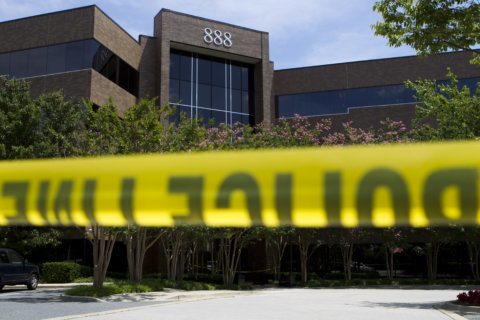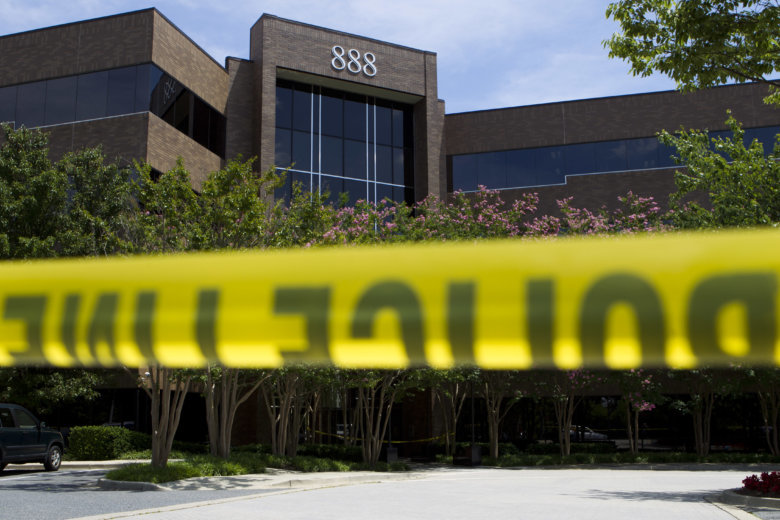
ANNAPOLIS, Md. (AP) — Lawyers for a man charged with killing five people at a Maryland newspaper office are again asking for more time to consider an insanity defense.
Attorneys on Thursday asked for 60 to 90 days longer to consider filing a plea of not criminally responsible by reason of insanity. A judge previously had set a Friday deadline for Jarrod Ramos to change his plea of not guilty.
His lawyers wrote in court filings that prosecutors have provided “overwhelming and seemingly boundless” discovery materials, only in the past four weeks. They say they need to review those materials.
They also say they’re entitled to seek expert opinion of a qualified mental health expert who has had access to relevant court materials to decide whether to enter a plea of not criminally responsible.
Larry Fitch, who teaches mental health law at the University of Maryland School of Law, says that the defendant has the burden of proving that it’s more likely than not that they were not criminally responsible, which is different from an ordinary criminal case where the prosecution must prove beyond a reasonable doubt that the defendant committed the crime.
“It’s a rare plea, it’s only raised in about one in a thousand cases, and when it’s raised it’s rarely successful,” Fitch said. “An evaluation would have to be done and they’d have to find an expert who would conclude that because of his mental illness he didn’t understand that he was doing something criminal or that he wasn’t able to control his behavior at the time of the crime.”
In such a case, the criminal court retains jurisdiction of the case and decides what the disposition is going to be.
“Ordinarily that means commitment for a period of time in a secure psychiatric hospital and it’s indeterminate, so it could be for life. The lengths of stay for people who are found not criminally responsible tend to be about the same as the length of stay for people who are convicted of crimes and go to prison,” Fitch said.
He explains that an evaluation by a mental health expert is crucial to determining whether the court finds that the defendant is criminally responsible for his actions.
“And then the defendant would have to show that it’s more likely than not at the time that because of a serious mental disorder… he didn’t appreciate the criminality of the act or was unable to conform his conduct to the requirements of the law,” Fitch said.
WTOP’s John Domen contributed to this report.
Copyright © 2026 The Associated Press. All rights reserved. This material may not be published, broadcast, written or redistributed.








